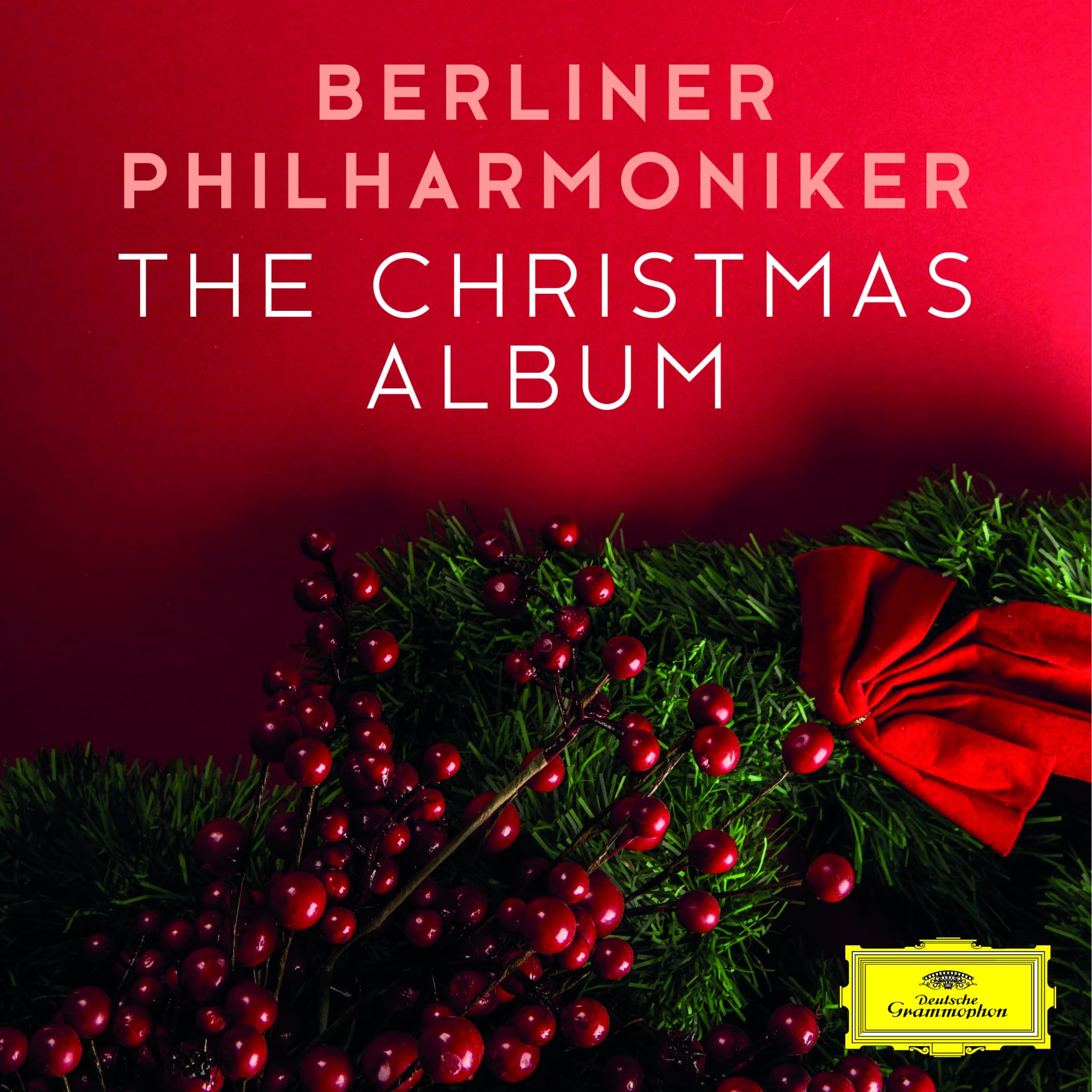Julius Klengel: Fascinating Works and Musical Legacy
Julius Klengel (24 September 1859 – 27 October 1933) stands as one of the most significant German cellists and composers of the Romantic era, renowned especially for his contributions to cello repertoire and pedagogy. Born in Leipzig into a family of musicians, Klengel displayed prodigious talent from an early age, joining the prestigious Gewandhaus Orchestra at just 15. However, contrary to some accounts, he became its principal cellist at the age of 22, not 20.
Career and Artistic Achievements
Klengel not only distinguished himself as a virtuoso performer, touring widely across Europe, but also as a composer and educator. He had close ties with musical luminaries of his time, including Brahms and Reger, and was deeply involved in chamber music. His technical prowess earned him accolades, although the claim that he was called "the Paganini of the cello" is not well-documented in authoritative sources.
Compositional Output
Julius Klengel’s works remain central to the cello repertory, especially for students and professionals seeking to master the instrument. Notable compositions include four cello concertos and two double concertos for cello, two concertos for cello and violin, a cello sonata and a variety of caprices. He also composed the celebrated "Hymn for Twelve Cellos," in memory of conductor Artur Nikisch, and numerous études and solo pieces, such as his popular "Hymns and Chorales for Solo Cello," which are still performed in recitals and competitions today.
Teaching and Influence
Klengel’s impact extends beyond performance and composition; he was a professor at the Leipzig Conservatory, mentoring a generation of influential cellists including Emanuel Feuermann, Guilhermina Suggia, Gregor Piatigorsky, and William Pleeth.
Musical Style and Legacy
Klengel was highly regarded as an interpreter and his musical style and legacy continue to influence the world of classical music. To improve the of this content, it's important to avoid duplicate content and increase the length of the content by detailing more about Klengel's career, his impact on music, and reviews or performances of his work. Relevant keywords related to the compositions of Julius Klengel, important events and performances in his life, related artists, and the time period of his work should be included. Additionally, including some internal and external links related to the topic can enhance the content's visibility. Lastly, improving readability by breaking up the text into smaller paragraphs and subheadings, and including a clear meta description can further optimize the content for search engines.


